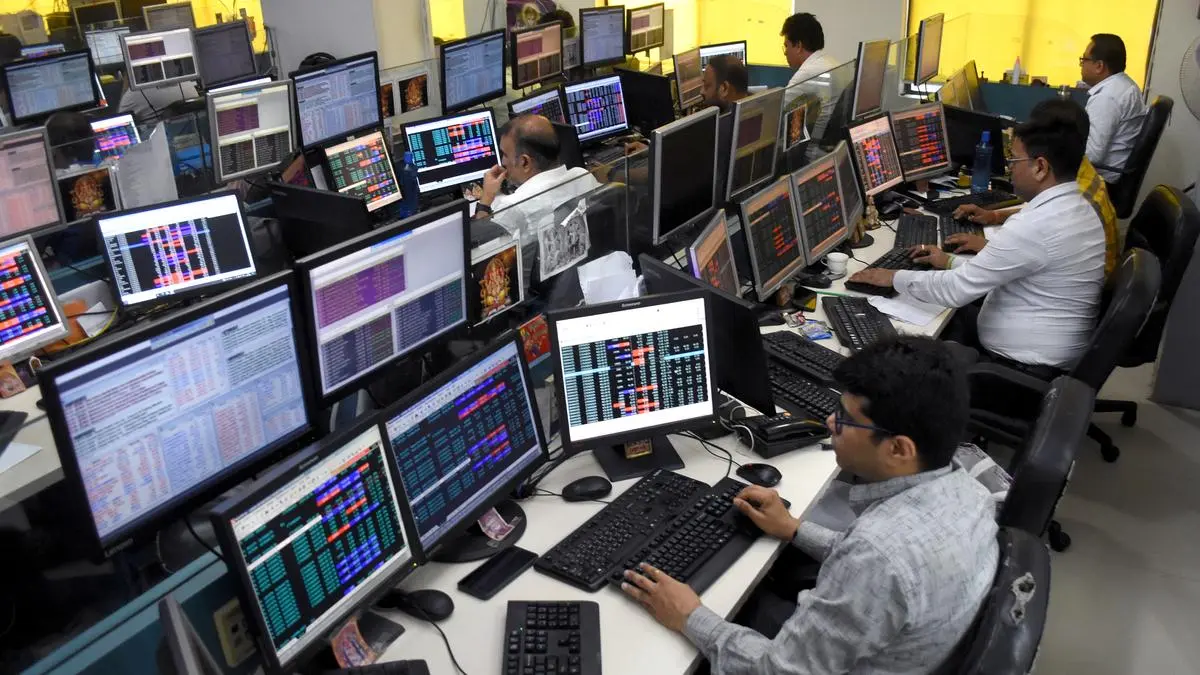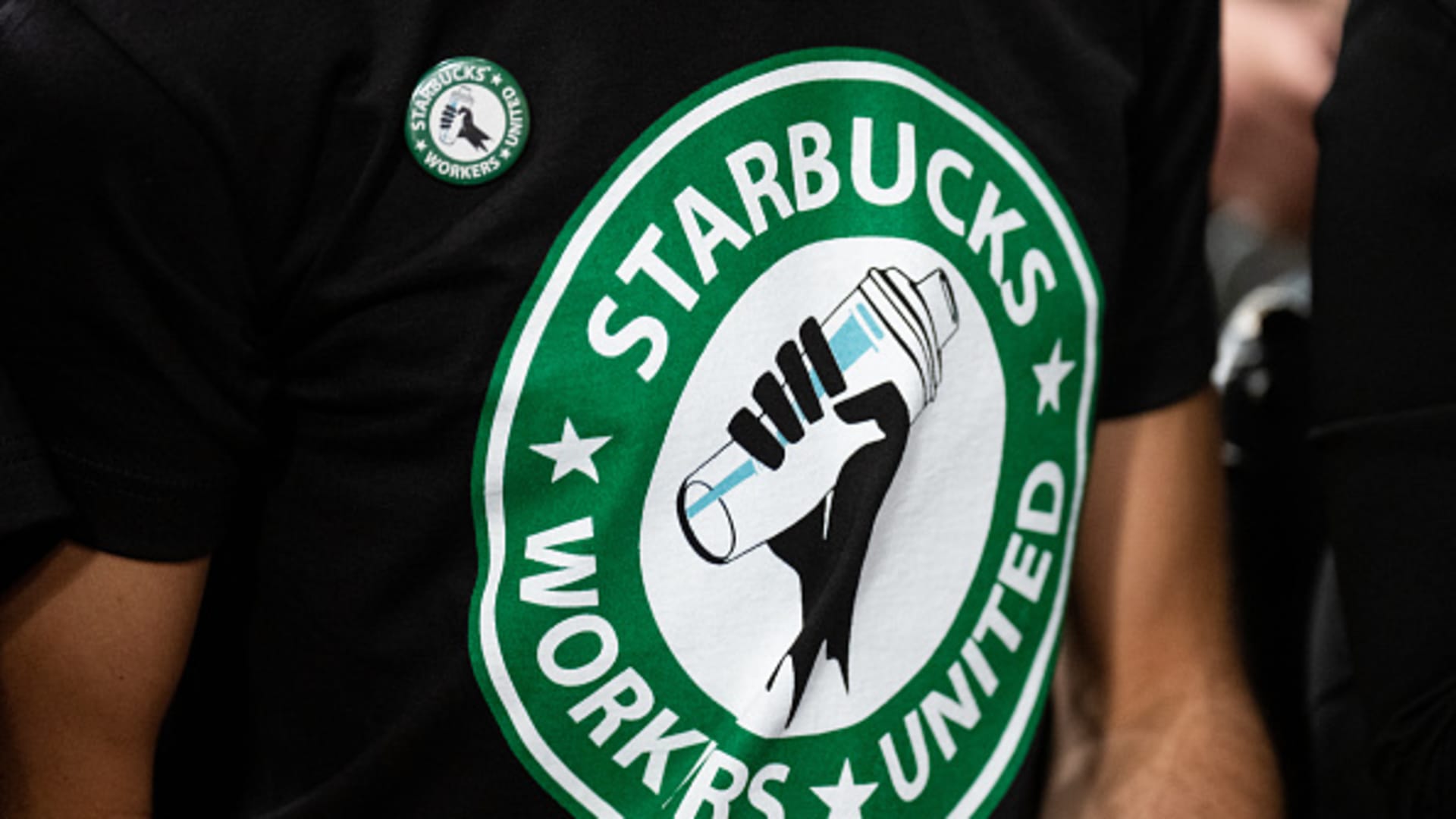After months of struggling to make ends meet, last month’s budget came as a relief to Dutch postal worker Richard Huisjing.
The government pledged to enforce a minimum wage rise of 10 per cent from January to tackle a huge increase in the cost of living after Russia’s full-scale invasion of Ukraine led to soaring costs for power and other commodities.
But Huisjing, who earns just over the current minimum, fears even this will not be enough to cover his bills.
“Food prices are getting higher, energy also,” he said. With no dependants, he says he can manage it right now but is “fearful for the future”.
Since the war in Ukraine began in late February, costs for cooking staples have soared. A three-litre bottle of sunflower oil for Huisjing’s deep fryer — an essential in most Dutch households for making chips and bitterballen meatballs — has doubled to €10 in a few months. His battered bike, his only means of transport, will soon need replacing.
The cost of living crisis in the Netherlands, where inflation hit 17 per cent in the year to September on the back of a surge in energy prices, is mirrored across Europe. Annually, prices rose by 10 per cent in the eurozone. In the three Baltic states inflation is more than double that amount. Wages have been raised for the poorest workers in the 21 EU countries that have minimum wage laws in place.
This round of pay rises is not pleasing everyone, however, triggering clashes between workers’ groups and businesses.
ETUC, the EU-wide confederation of trade unions, said the real value of minimum wages had fallen by about 5 per cent on average — and by almost 20 per cent in some member states.

“The current crisis is having an even bigger impact than the financial crisis on low wage earners,” said Esther Lynch, ETUC’s deputy general secretary. “No matter how good you are at household budgets you are not going to be able to make ends meet.”
Tuur Elzinga, chair of Huisjing’s union, FNV, dismissed the budget as a sticking plaster. “Nothing structural is being done to address the fundamental causes of the imbalance in society. We have only gotten richer as a country, but the money remains in limited pockets.”
FNV wants the minimum wage — now between €10.14 and €11.46 depending on how many hours are worked — to hit €14 an hour.

Businesses believe that the Dutch government is already going too far, too fast. The VNO, the Dutch employers’ body, said the government should raise in-work benefits rather than force hard-pressed companies to pay more.
Geert-jan Castelijn, who owns a family-run fashion store near the southern city of Maastricht, said he would struggle to provide the increase. Although only a handful of his 25 staff earn the minimum wage, he said he had to raise all salaries to maintain differences between pay grades.
Fortunately, last year he fixed his energy costs until 2026, but still wants to reduce consumption. “I want to invest in energy efficiency and in staff development,” said Castelijn. “We cannot raise our prices by 10 per cent. Customers are already putting off purchases.”
The swift wage rise makes it hard to budget, he said. He has to repay a €224,000 coronavirus emergency loan from the state over the next five years. “We could have a vicious circle, with inflation and wages going up [together] like we saw in the seventies,” he said.


Economists, including interest rate setters at the European Central Bank, have warned that workers must expect a cut in real pay to avoid a “wage-price spiral”, where inflation remains high for years on end and erodes standards of living.
Philip Lane, the ECB’s chief economist, said last month: “In order to get back to lower inflation, we need to realise that corporate profitability will decrease for a while and that wages will not fully keep up with inflation for a while either.”
But officials elsewhere say the labour market’s most poorly paid workers must be fairly compensated.
An EU directive approved recently requests that they hit a level of 60 per cent of the gross. The Dutch rise falls slightly short of these figures.
About 25mn workers would have a 20 per cent increase if member states followed this, according to Green MEPs.
Stefano Scarpetta, director for employment, labour and social affairs at the OECD, said in September that automatic uprating mechanisms in place in countries such as France and Belgium were “an effective way to preserve the purchasing power of the low-paid”. Scarpetta added that automatic or not, it would be “important to adjust statutory minimum wages regularly in the current context of relatively high inflation”.
With the labour market tight, the minimum wage rise is not expected to lead to businesses sacking many workers. The UK’s experience since 2015 suggests higher pay does not have to come at the expense of jobs: its minimum wage rose rapidly over five years to reach 60 per cent of median earnings, making it one of the highest in the OECD, without any significant increase in joblessness.
Back in the Netherlands, employment is so plentiful that Huisjing has decided not to wait for the government to provide support. He starts a new job this month at a DIY store that pays €13 an hour. “Politicians always walk behind the problem. They just wait and provide help too late,” he said.
Additional reporting by Delphine Strauss in London















